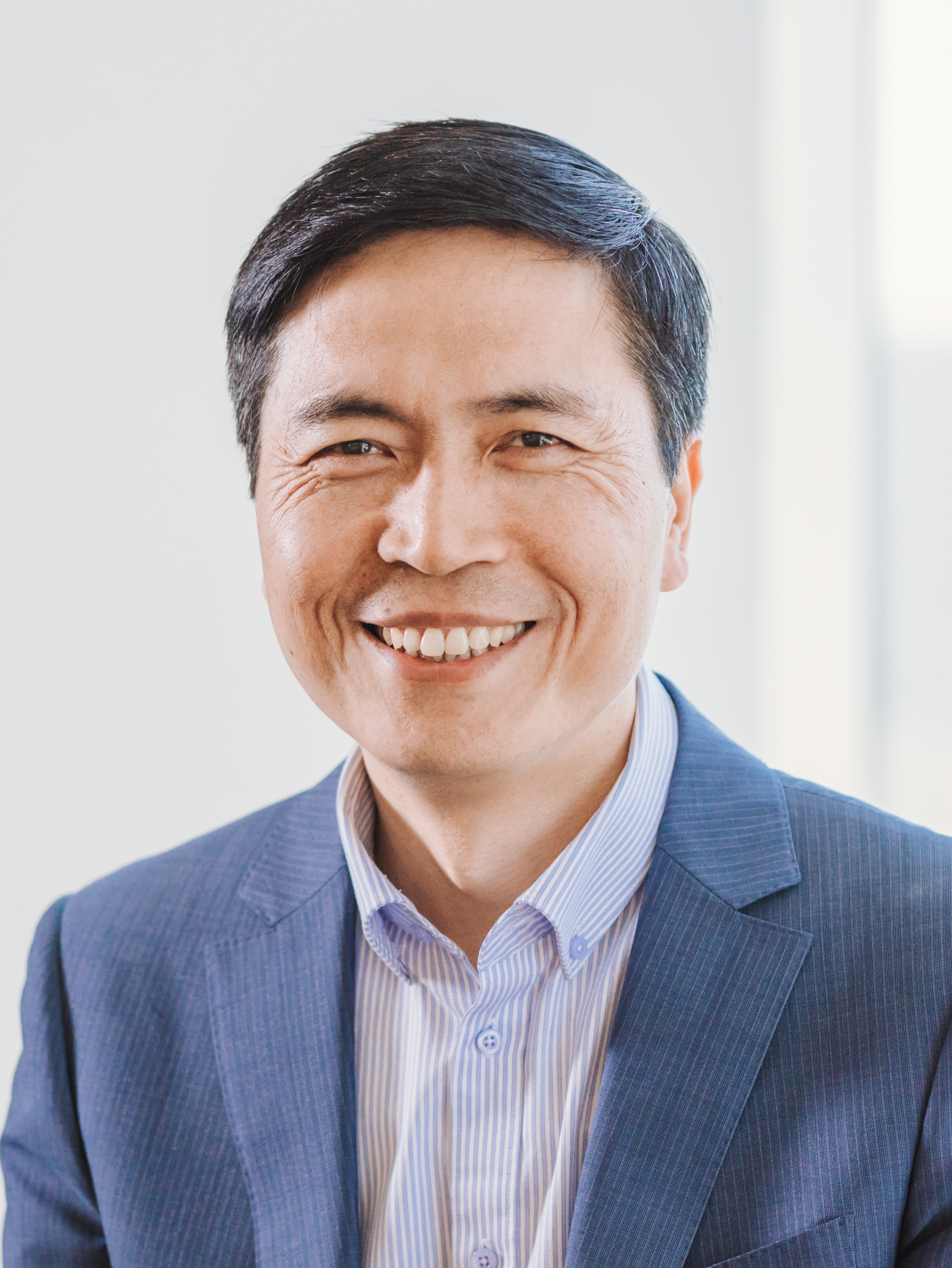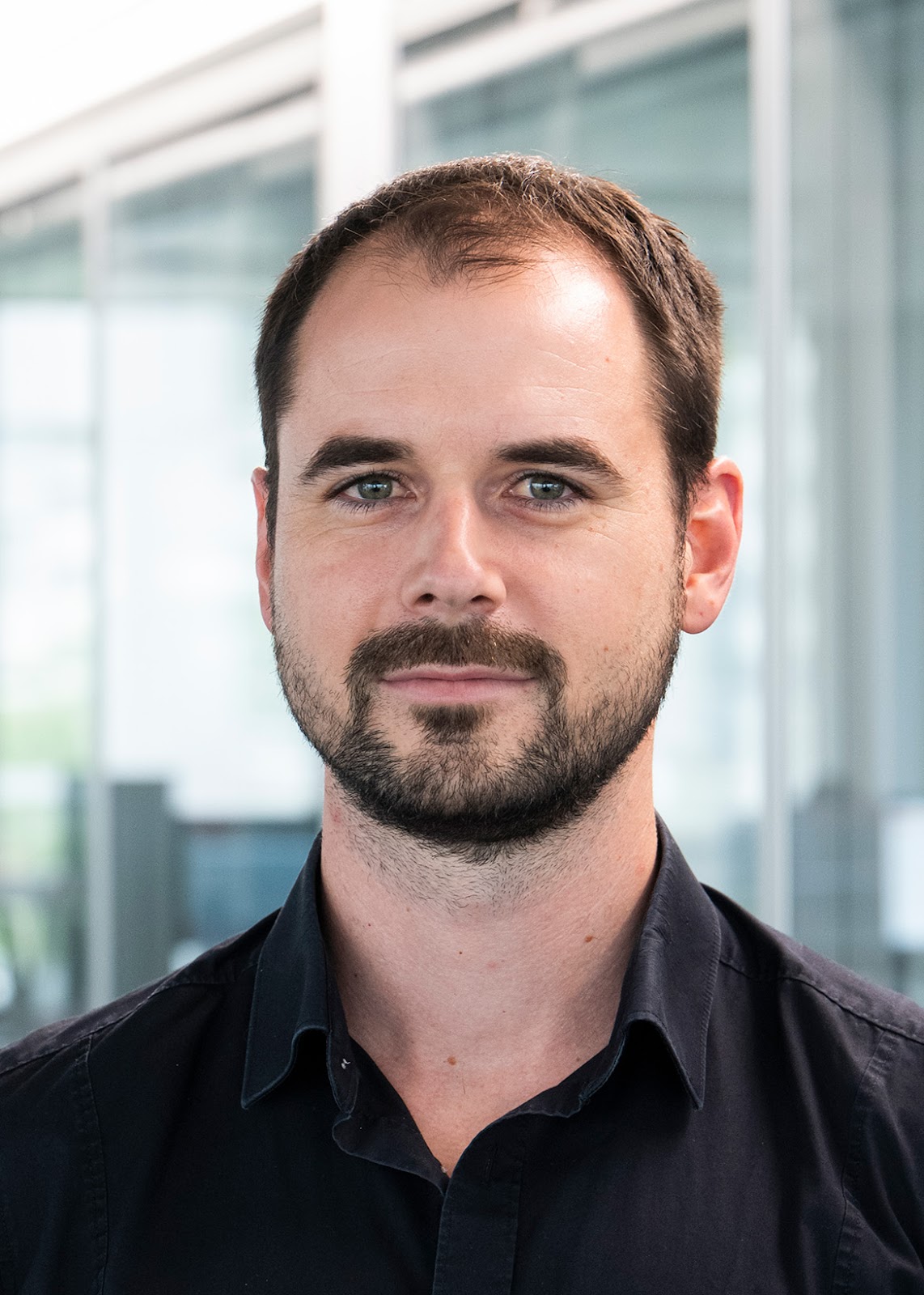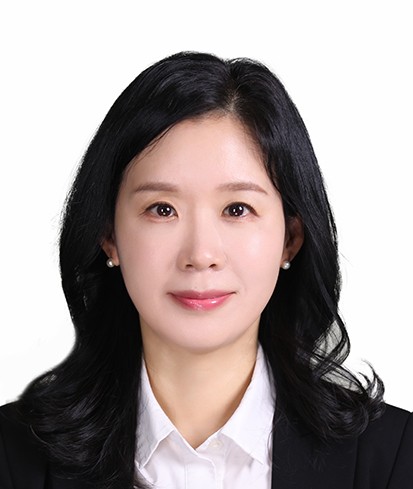Autonomous Aerial Manipulation: Toward Physically Intelligent Robots in Flight
Time: Oct 23, 9:00 – 10:00 AM
Venue: Exhibition Hall 4D
"Aerial robotics is rapidly evolving from platforms that merely fly to systems capable of physical interaction, manipulation, and collaboration. The emerging field of aerial manipulation marks a paradigm shift—enabling flying robots not only to navigate through space but to act upon and reshape it. This talk will explore the expanding frontier of physically intelligent aerial robotics, bridging dynamics, control, perception, and mechanical design to realize truly autonomous aerial interaction. At the heart of this transformation lies the ambition to achieve full autonomy in physical interaction—to manipulate and exert forces at arbitrary poses with precision and robustness. From innovative aerial platforms to fully dexterous multi-DOF manipulators, new control architectures are addressing the coupled dynamics of flight and contact. Advances in time-varying force control, hybrid control for improved transient performance, and robust trajectory tracking have begun to demonstrate stable, force-aware interactions. Beyond individual controllers, the field is exploring whole-body planning and control, where the aerial vehicle and manipulator act as a single, dynamically consistent system. This paradigm enables contact-rich behaviors—including inspection, maintenance, and cooperative transport—while preserving flight stability and efficiency. At a higher level, aerial robotics is becoming increasingly adaptive through learning-based skill generalization, allowing robots to acquire and transfer skills across diverse settings. Ultimately, aerial manipulation represents a new stage in the evolution of flying robots—merging flight and contact, autonomy and intelligence, and transforming them from passive observers into active, intelligent systems capable of shaping their environment."
Hyoun JIN Kim is a Professor in the Department of Aerospace Engineering and Director of the Automation and Systems Research Institute at Seoul National University (SNU), Korea, where she is also affiliated with the Graduate School of Artificial Intelligence. She leads the Laboratory on Autonomous Robotics Research, focusing on motion planning, control, and learning-based approaches for aerial and field robotic systems. She received her B.S. from the Korea Advanced Institute of Science and Technology (KAIST) and her M.S. and Ph.D. from the University of California, Berkeley, all in Mechanical Engineering. Before joining SNU in 2004, she was a Postdoctoral Researcher and Lecturer in Electrical Engineering and Computer Sciences at UC Berkeley. At SNU, she has served as Director of the Intelligent Unmanned Mobility Research Center, Chair of the Department of Aerospace Engineering, and Director of the Global Education Center. She has also contributed to governmental and industrial advisory committees, including the Korean Ministry of Strategy and Finance, the Ministry of Land, Infrastructure and Transport, Samsung Research, Hyundai Transys, and Hanwha Aerospace. In the robotics community, Professor Kim serves as an Editor for Robot Learning at the IEEE International Conference on Robotics and Automation (ICRA) and has been an Associate Editor for the IEEE Transactions on Robotics (T-RO), The International Journal of Robotics Research (IJRR), and the Journal of Intelligent & Robotic Systems (JINT). She has also co-chaired the IEEE Technical Committee on Aerial Robotics and Unmanned Aerial Vehicles. She is a member of the National Academy of Engineering of Korea (NAEK) and serves on the National Artificial Intelligence Strategy Council of Korea.




